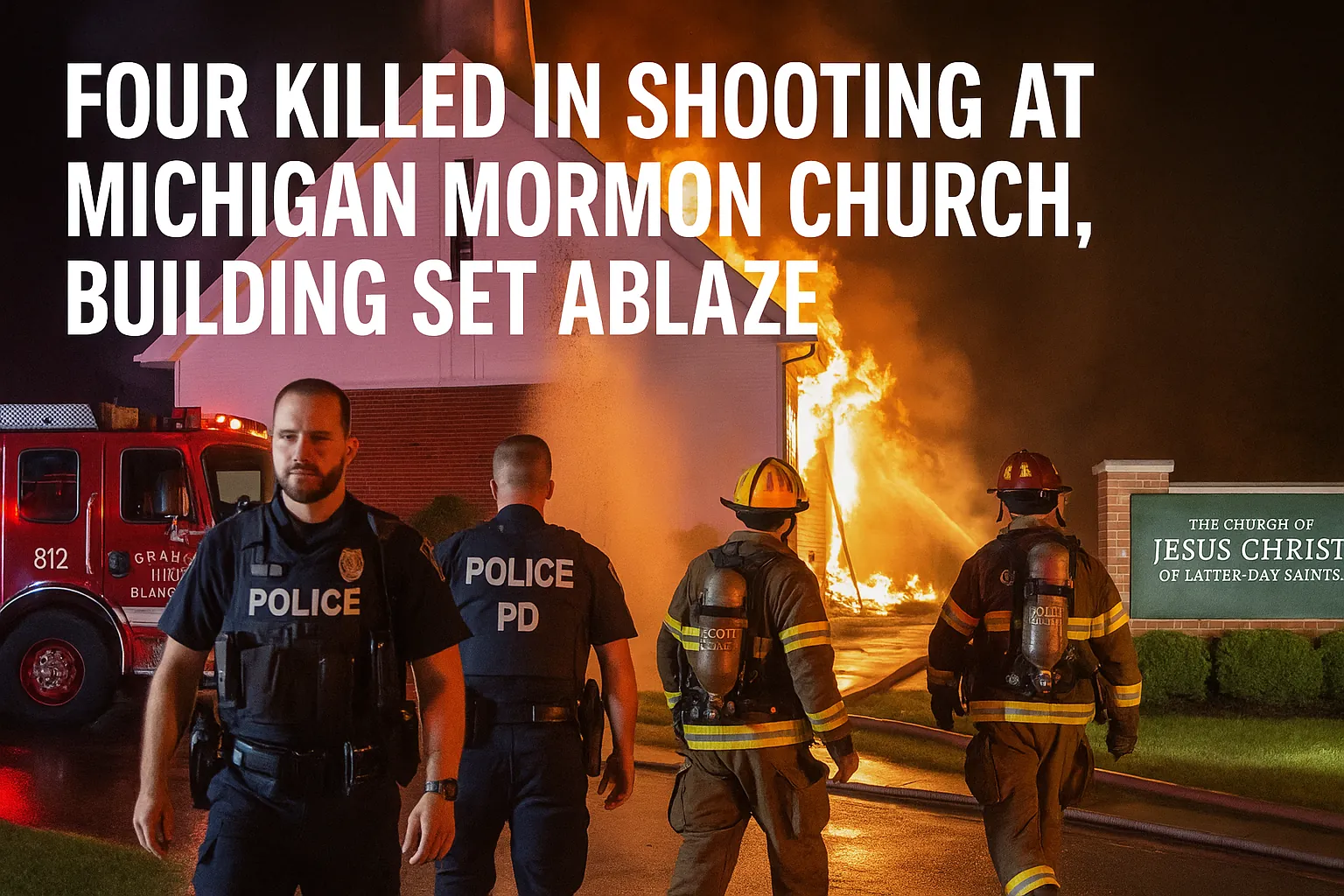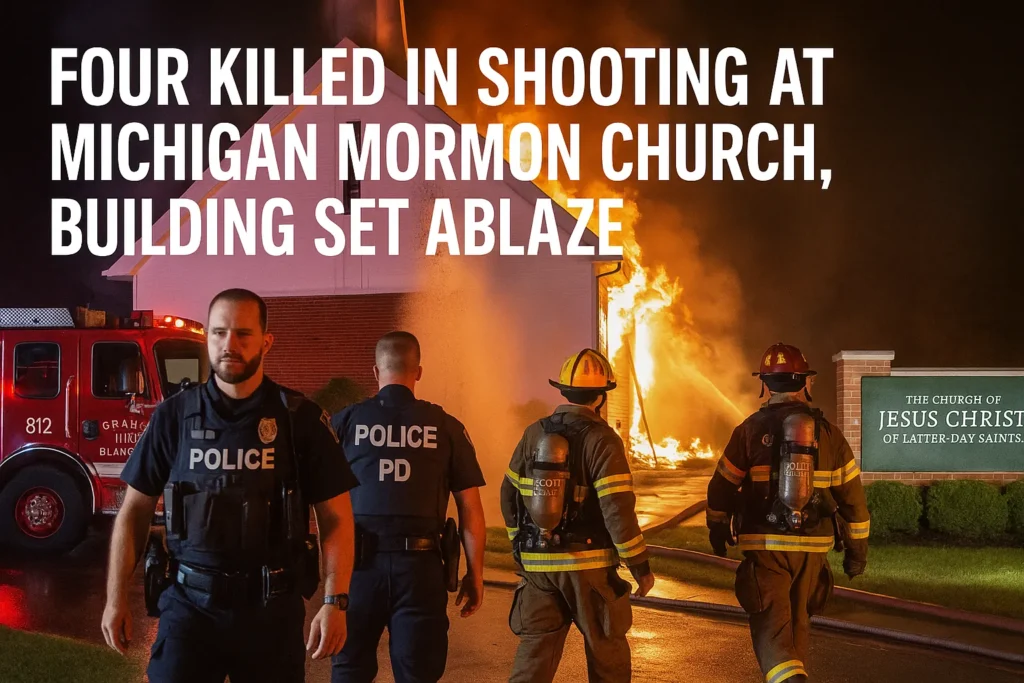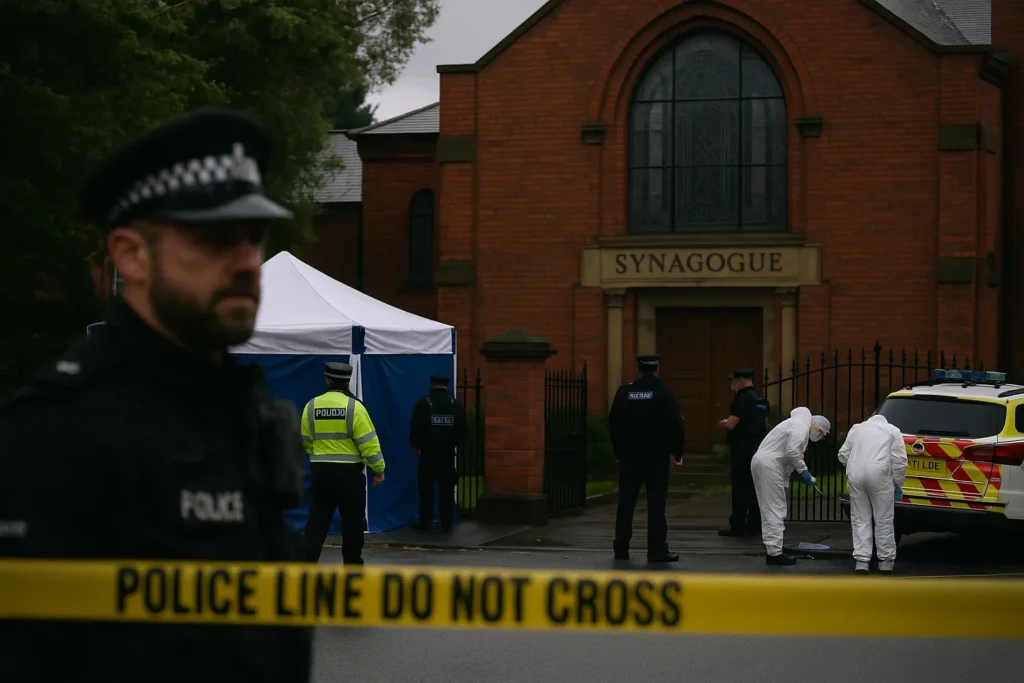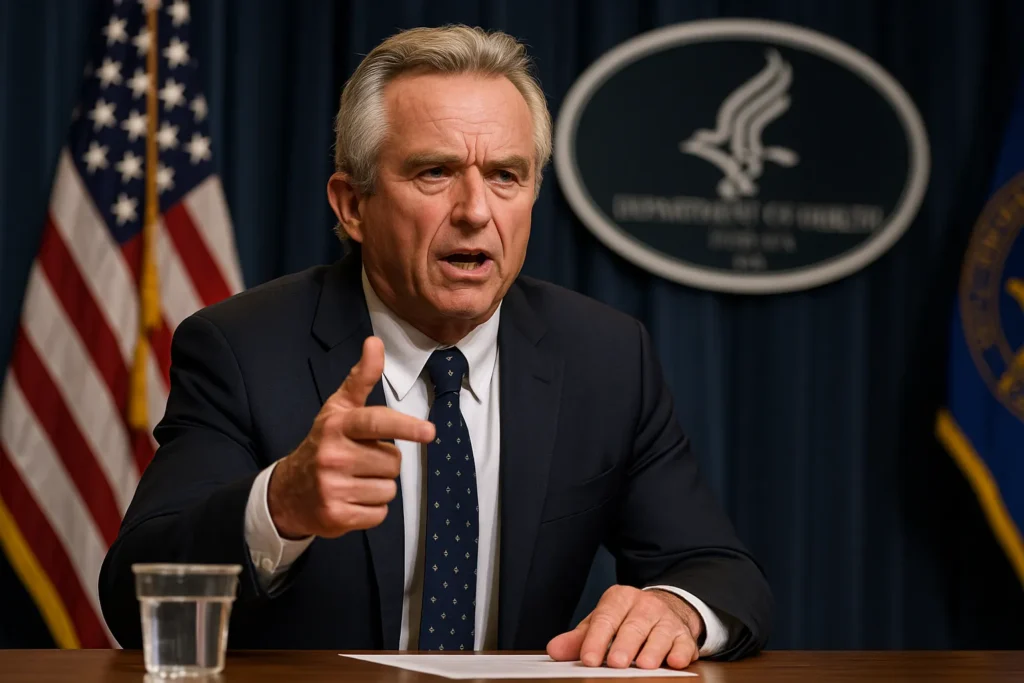The Michigan Mormon church shooting has shaken the nation’s conscience once again. Four people were killed, eight wounded, and an entire community left traumatized after a gunman opened fire inside a Church of Jesus Christ of Latter-day Saints in Grand Blanc Township. Minutes later, he set the building ablaze. Police identified the assailant as a Marine veteran, shot dead at the scene after a standoff. At his home, officers found a Trump campaign sign — a detail that instantly ignited a new wave of debate over the intersection of politics, identity, and violence in modern America.
This wasn’t an isolated act. It was another data point in a disturbing national pattern.
Context: A weekend of American carnage
The Michigan shooting capped a weekend marked by bloodshed. In Texas and North Carolina, similar assaults left multiple casualties, all unfolding within forty-eight hours. Each case involved lone male shooters, disillusioned veterans, and weapons legally owned.
CNN’s coverage framed the Michigan attack as “another tragedy in a country desensitized to gunfire.” Yet, to many analysts, it’s more than tragedy — it’s transformation. Violence tied to ideology is no longer confined to the margins; it’s mainstreaming.
Federal authorities now list domestic extremism as the top national security threat — above foreign terrorism. The FBI reports a 34% surge in extremist-related shootings since 2021, with most perpetrators citing online radicalization or political resentment as motivation.
The line between ideological rage and personal despair has vanished.
Oppositional Argument: When patriotism mutates into paranoia
Politicians will once again call for “thoughts and prayers,” and cable news will loop images of flashing lights and grieving families. But the Michigan Mormon church shooting exposes a truth the mainstream still resists: America’s domestic war isn’t between right and left — it’s between radicalism and reason.
The suspect’s Marine background, Trump paraphernalia, and arsonalized anger reveal the new face of extremism: not imported, but homegrown. These are not random outbursts but social symptoms — the inevitable product of online echo chambers that weaponize fear into ideology.
Instead of addressing root causes — mental health neglect, veteran alienation, hyper-partisan propaganda — both parties perform moral theater. Conservatives deflect with “mental health,” liberals with “gun control.” Meanwhile, the center collapses under moral fatigue.
The refusal to name extremism for what it is — a cultural epidemic — keeps the cycle unbroken.
Analytical Breakdown: Radicalization beneath the surface
The attacker, identified as 38-year-old Michael Denton, was discharged from the Marines in 2012. Neighbors described him as “quiet, patriotic, always angry about the government.” His social media history reportedly featured anti-globalist memes, conspiracy content, and posts glorifying “defense of the faith.”
Analysts at the Southern Poverty Law Center warn that veteran radicalization is climbing, with ex-service members representing nearly 25% of recent extremist arrests. Groups exploiting military discipline and loyalty dynamics — from Proud Boys affiliates to local militia movements — recruit through private chatrooms and encrypted apps.
Add to that the persistent digital pipeline: fringe websites recycle political grievances into moral crusades, convincing ordinary men they’re “defending America” by attacking their neighbors.
According to Gun Violence Archive, 2025 has already seen 423 mass shootings — 77 more than at this time last year. The Michigan Mormon church attack didn’t happen in isolation. It happened in a nation on autopilot toward normalization.
Human Perspective: Faith amid fire and fear
Survivors describe chaos that felt biblical. “He just kept shooting. Then everything went red and orange,” said one member who escaped through a side door before the fire consumed the chapel.
In nearby Flint, the Mormon community gathered outside another church to pray. “We never thought our sanctuary would become a battlefield,” one bishop told reporters. “But God wasn’t absent — only people were.”
These words carry weight in a country where faith institutions have become both targets and symbols. Churches, synagogues, and mosques — once refuges — are now front lines in America’s identity wars.
Counterarguments
Some right-wing commentators claim the attack was an isolated tragedy and warn against “politicizing grief.” Yet, how many isolated tragedies make a pattern? Denial is no longer naivety — it’s complicity.
When ideology replaces empathy, violence finds permission.
Conclusion: America’s mirror moment
The Michigan Mormon church shooting is not just another act of horror — it’s a reflection. A mirror held up to a fractured nation where extremism, untreated trauma, and political worship merge into a lethal trinity.
Until leaders abandon partisan scripts and confront radicalization as a national disease — one infecting both veterans and voters — these massacres will keep rewriting the same headline.
The church may rebuild its walls, but America still hasn’t rebuilt its conscience.
External Links
102 views






